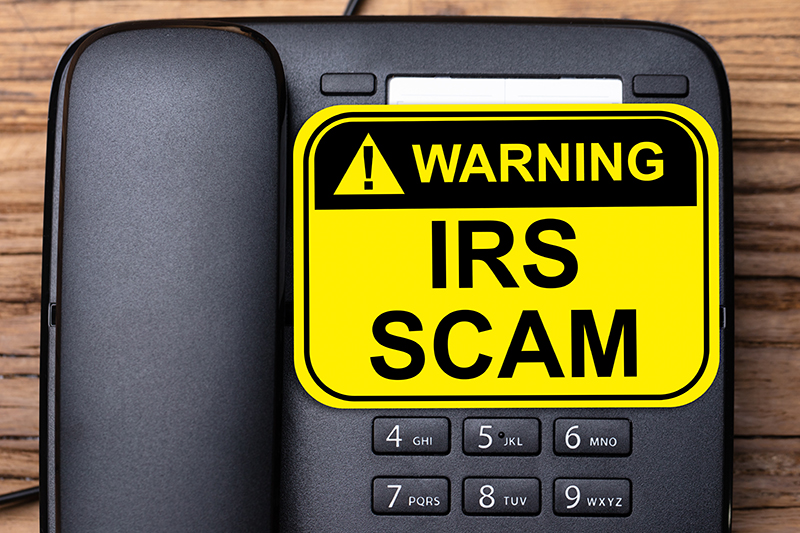TaxAudit Reviews the IRS Dirty Dozen Tax Scams - Part 1
March, 12 2020 by Steve Banner, EA, MBA
Many taxpayers may be surprised to hear that it is not only the IRS that wants to separate us from our hard-earned dollars at tax time. As if paying what we legally owe the tax collection agencies were not enough, there is a growing number of criminals and fraudsters that are constantly trying to gain access to our bank accounts through a clever series of scams and schemes. This problem has become so severe in recent years that the IRS has published a “Dirty Dozen” list to warn taxpayers to beware of joining the thousands of people who lose millions of dollars to scammers each year.
These fraudulent schemes operate year-round, not only during the tax filing season, which means that taxpayers need to remain on guard constantly. In this article, we will describe the first four scams on the Dirty Dozen list and point out their warning signs.
Phishing: Your personal information can be used by a scammer for illegal purposes, such as opening a credit card account in your name or signing on a loan. When a fraudster uses a technique called “phishing,” he can send you a fake email or direct you to a website that can trick you into sharing valuable details of your personal information. Taxpayers should be alert to potential fake emails or websites looking to steal personal information. It’s important to note that the IRS will never initiate contact with taxpayers via email, text messages, or social media channels to request personal or financial information. Don’t click on these messages claiming to be from the IRS.
Phone Scams: One of the most popular schemes used by criminals is to call a taxpayer and impersonate an IRS agent trying to collect on the taxpayer’s “debt.” These con artists threaten taxpayers with police arrest, jail, deportation, license revocation, and other consequences unless the fictitious debt is paid immediately – usually by buying a gift card. Once again, the IRS will never make contact in this way or request payment by gift card, so taxpayers should be aware that the call is an attempted scam.
Identity Theft: If a scammer is able to obtain enough personal information from a taxpayer, he can steal that person’s identity and do things such as filing a tax return in his name. Or he can sell the taxpayer’s Social Security Number to someone else who can use it to gain employment illegally or avoid paying taxes on their own income. Taxpayers should always protect their personal data and never routinely carry their Social Security card. They should use security software with firewall and antivirus protection on their computers, tablets, and smartphones, making sure that their security software is turned on and can automatically update.
Return Preparer Fraud: Although the vast majority of tax professionals provide honest, high-quality service, there are some dishonest preparers who operate each filing season to scam clients, perpetrate refund fraud, identity theft and other scams that hurt taxpayers. Be on the lookout for unscrupulous return preparers who may approach you with an offer to “review” your self-prepared return to make sure you haven’t missed any potential deductions.
The good news about all of this is that the IRS is making progress in identifying the con artists who run scams such as those listed above, but it is taxpayers who are the first line of defense by remaining vigilant to these often aggressive and evolving schemes throughout the year.





